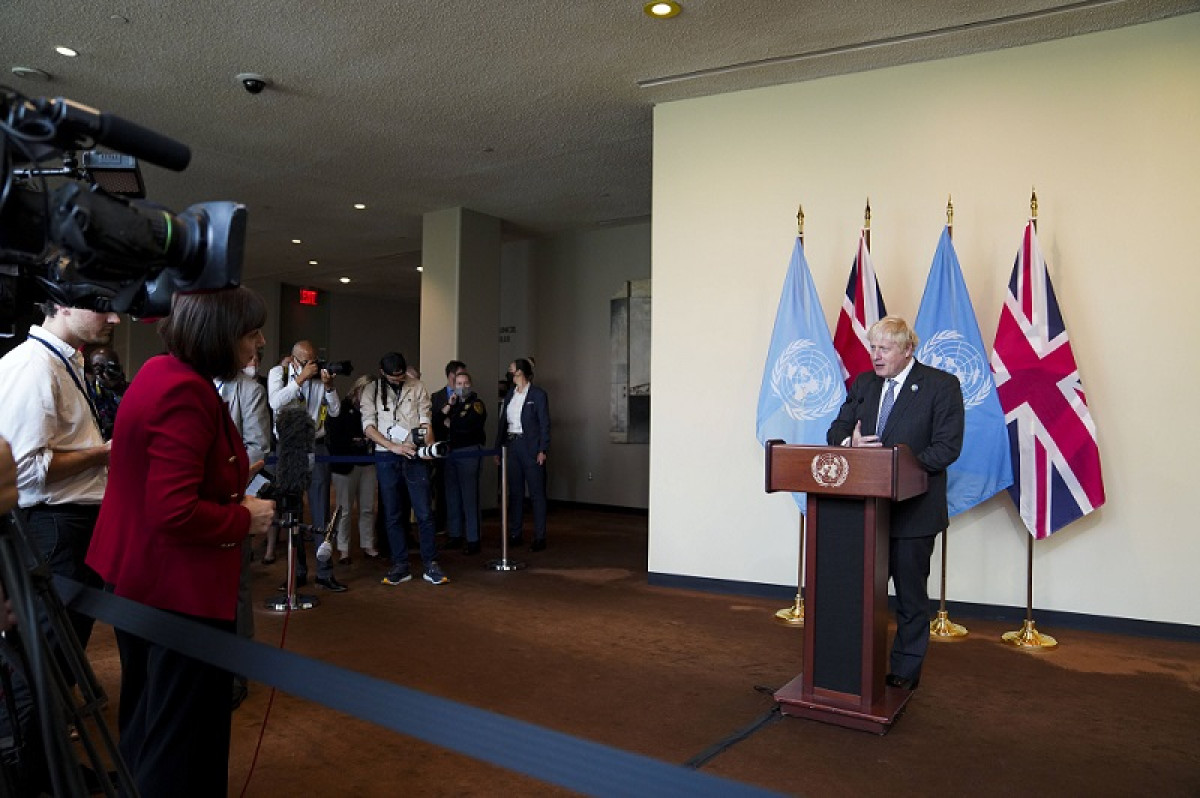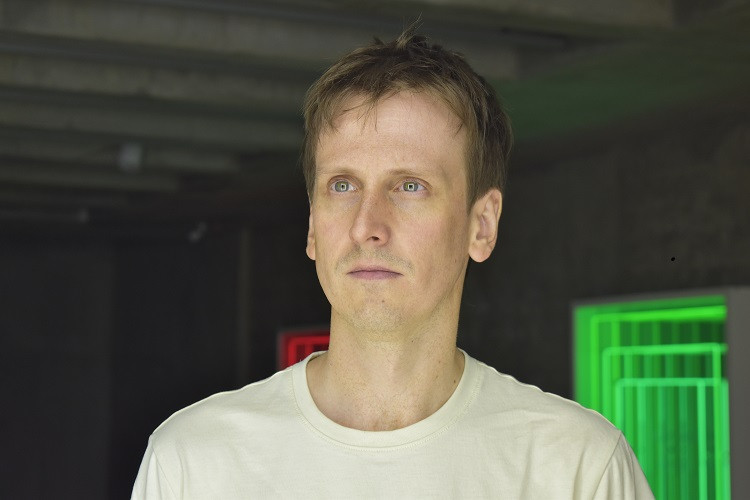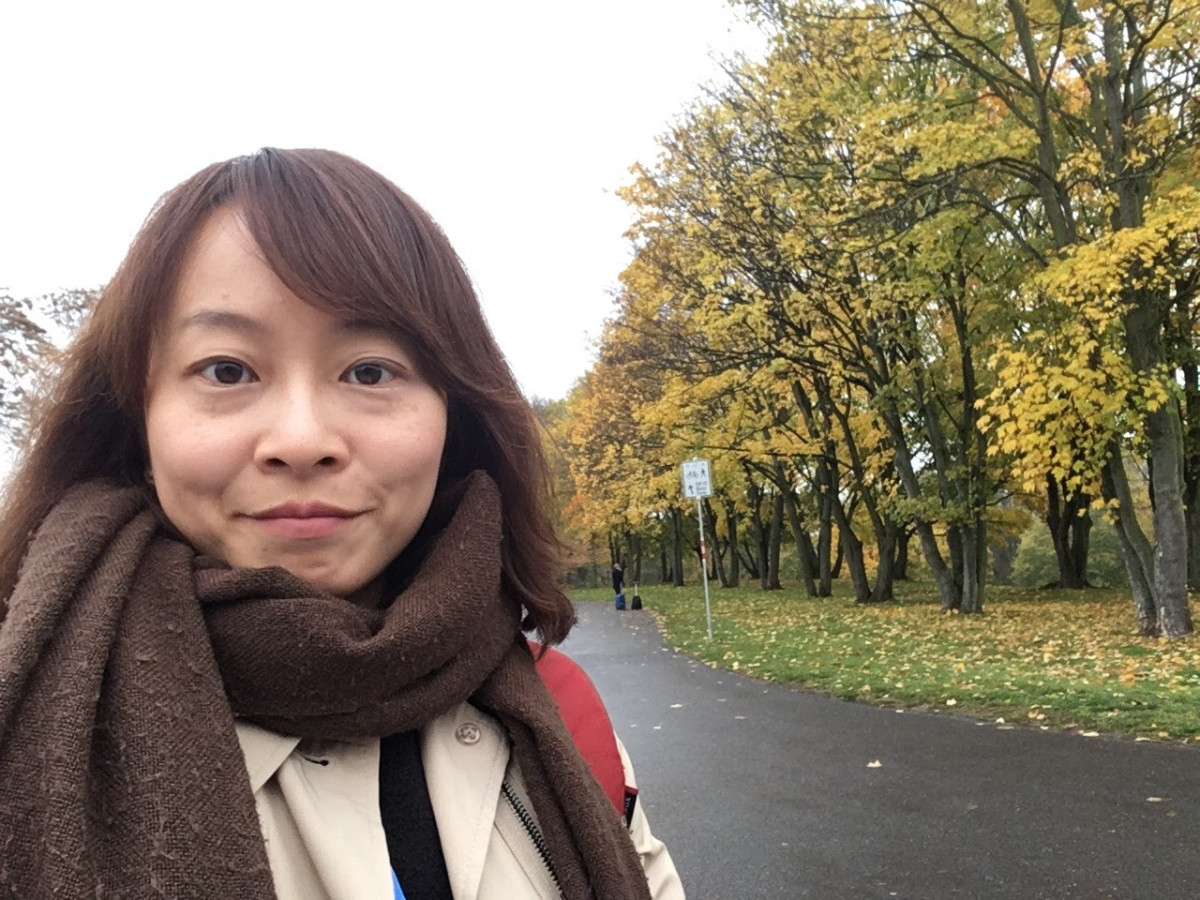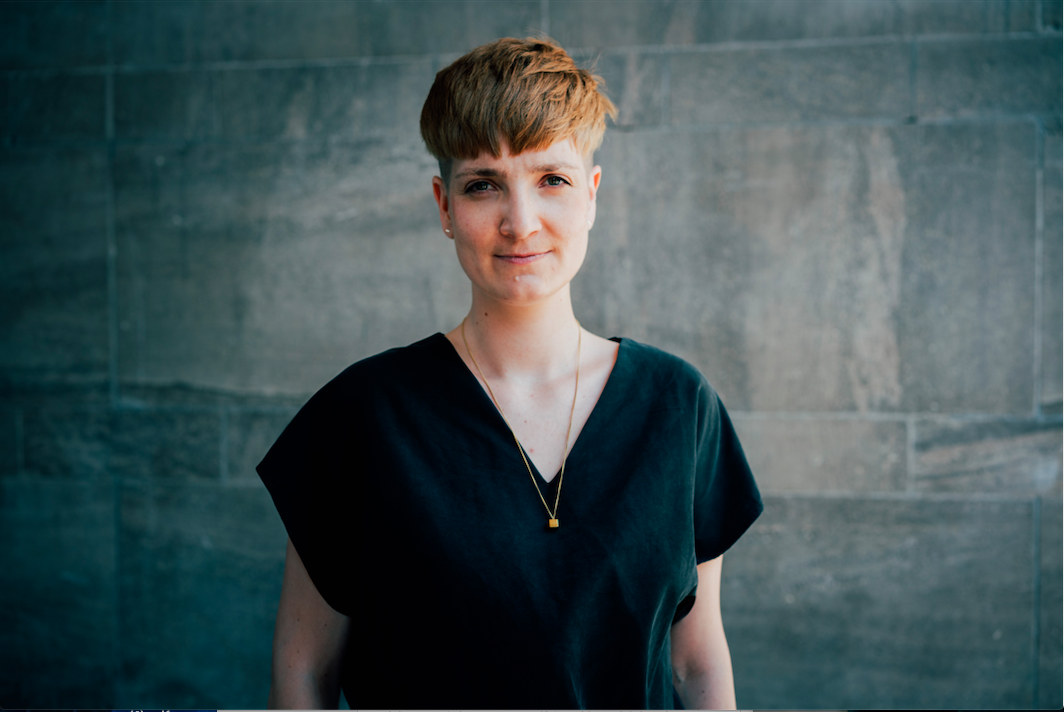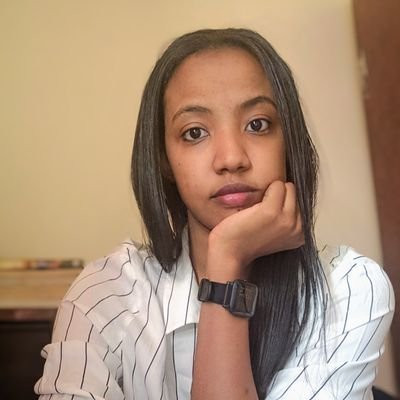Reporting on COP26 – How to best tell the Glasgow story
Conference of the Parties, Article 6 negotiations, Subsidiary Body for Scientific and Technological Advice – every year, journalists across the globe face the difficult task of translating the jargon of the world’s most high-level climate policy meeting – the United Nations COP – for their audiences.
This year, the United Kingdom will host what many see as the most important summit (COP26) since the 2015 Paris Agreement. At the conference on 31 October-12 November in Glasgow, the global community will hash out concrete ways to limit the global temperature rise to well below 2°C, preferably 1.5°C – the central goal of the Paris accord.
Over the years, COPs have evolved from government negotiating platforms into huge climate fairs – a networking opportunity for more than 25,000 participants, with delegates from almost 200 countries, observers from business, NGOs and science, and about 3,000 accredited media representatives. This alone is tough to navigate – let alone during a pandemic. This year, COVID-19 quarantine rules for participants from “COVID-19 red list” countries and other hurdles have even prompted some NGOs to call for the summit to be postponed.
Covering such an event is a challenging task. Should journalists report on the nitty-gritty details of technical negotiations? Isn’t this just a story for big news outlets? How can you translate the importance of details like the “Paris rulebook” for general audiences? Isn’t it all just the same every year anyway? [As first input, find Covering Climate Now’s memo on how to cover COP26 here.]
We think there is ample reason to cover this year’s COP. The stakes are high. Sounding the alarm in August, UN Secretary-General António Guterres called the latest Intergovernmental Panel on Climate Change (IPCC) report a “code red for humanity”. Human activity is warming the earth, wreaking havoc with the climate. Heat waves are more frequent and intense, rains and droughts more severe. The Arctic is rapidly melting.
There is no more time to lose for the international community to address this urgent situation – and for media to cover the COP in Glasgow like it’s an emergency meeting. It is likely THE most important forum to push for and agree more ambitious action.
To help journalists prepare, Clean Energy Wire has invited reporters from across the globe to share their experiences covering previous climate change conferences.
Key questions:
- UN climate conference – How to tell a story so big?
- What does good reporting on COP26 look like?
- How to cover the COP on the ground and how from afar?
- How do you make COP26 decisions relevant for your audience?
- Business, science, politics – which angle to cover?
- When is the best moment to publish an article about the COP?
- What are key story ideas for COP26?
- Who to contact for background and interviews?
AGENDA
| 16.00 - 16.05 |
Welcome and introduction by moderator Charlotte Nijhuis, Clean Energy Wire |
| 16.05 - 16.45 |
Reporting on COP26 – How to best tell the Glasgow story? Panel discussion by
|
| 16.45 - 17.25 | Discussion and Q&A |
| 17.25 - 17.30 | Conclusions and Outlook |
SPEAKERS
Fermin Koop is an environment and climate reporter from Argentina. He's currently a regional editor at Dialogo Chino and a freelancer for other news organizations. He has covered five COP climate summits with the Earth Journalism Network and will now be a trainer at COP26. He holds a bachelor degree in Journalism, a postgraduate degree in climate change and an MSc in Environment and Development.
Kwangyin Liu has covered energy transition, climate change, environment and the auto industry for the Taipei-based CommonWealth Magazine since 2012. Since 2020, she also serves as the editor of CWM’s English website. She has been covering the UNFCCC COPs since 2015, and was present at the 2015 COP21 in Paris and the 2017 COP23 in Bonn. She was an IJP Asia fellow in 2017 and she has been Clean Energy Wire's ambassador for East Asia since 2019.
Sara Schurmann works as a freelance journalist, especially focusing on questions of climate reporting. One year ago she published an open letter asking journalists to take the climate crisis seriously. She is co-founder to the Climate Journalism Network Germany and worked for Zeit Online, Tagesspiegel, Gruner + Jahr and VICE before.
FREQUENTLY ASKED QUESTIONS
Please click on the red "Sign up"-Button and fill in the necessary information. Remember to confirm your sign up via the automatic email you receive from us (it could land in your spam folder).
Signing up is possible until 19 Ocotber 14 CEST.
The web-event will be on the record.
No, the event won't be recorded.
The web-event language is English.
Sound quality is greatly improved by using headsets with a microphone. It is recommended that all active participants equip themselves accordingly (smartphone headsets are sufficient).

